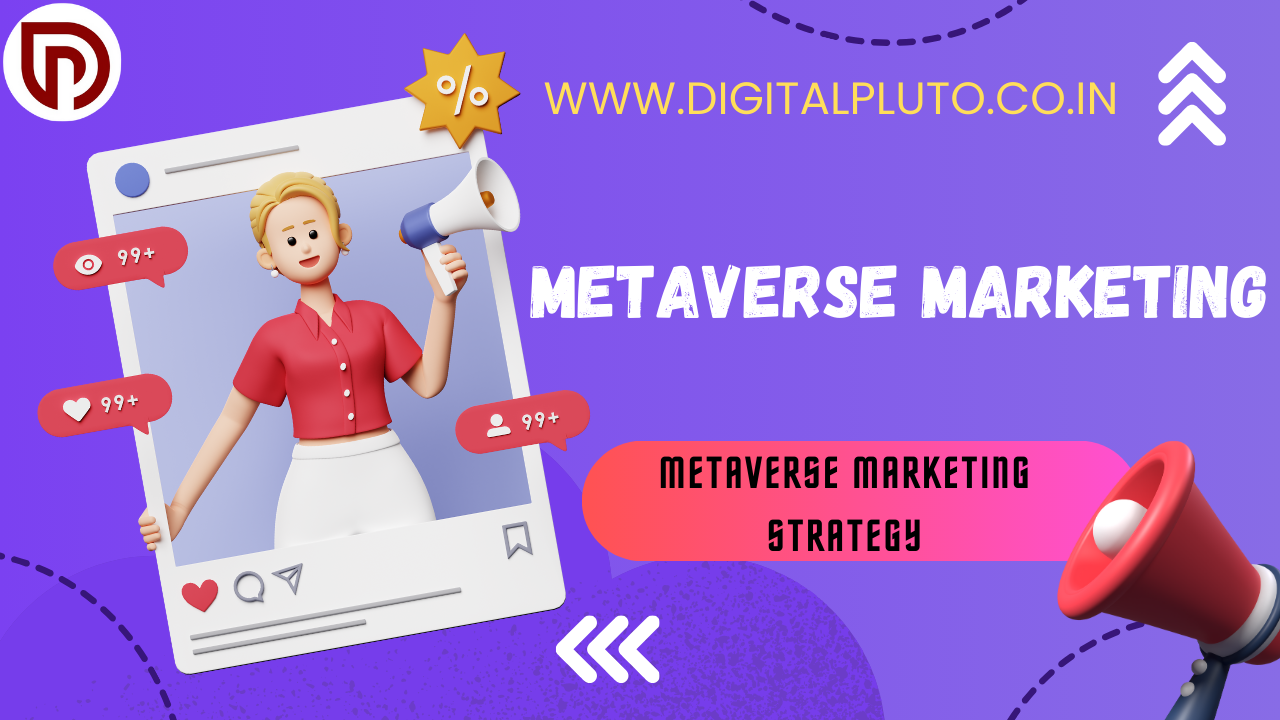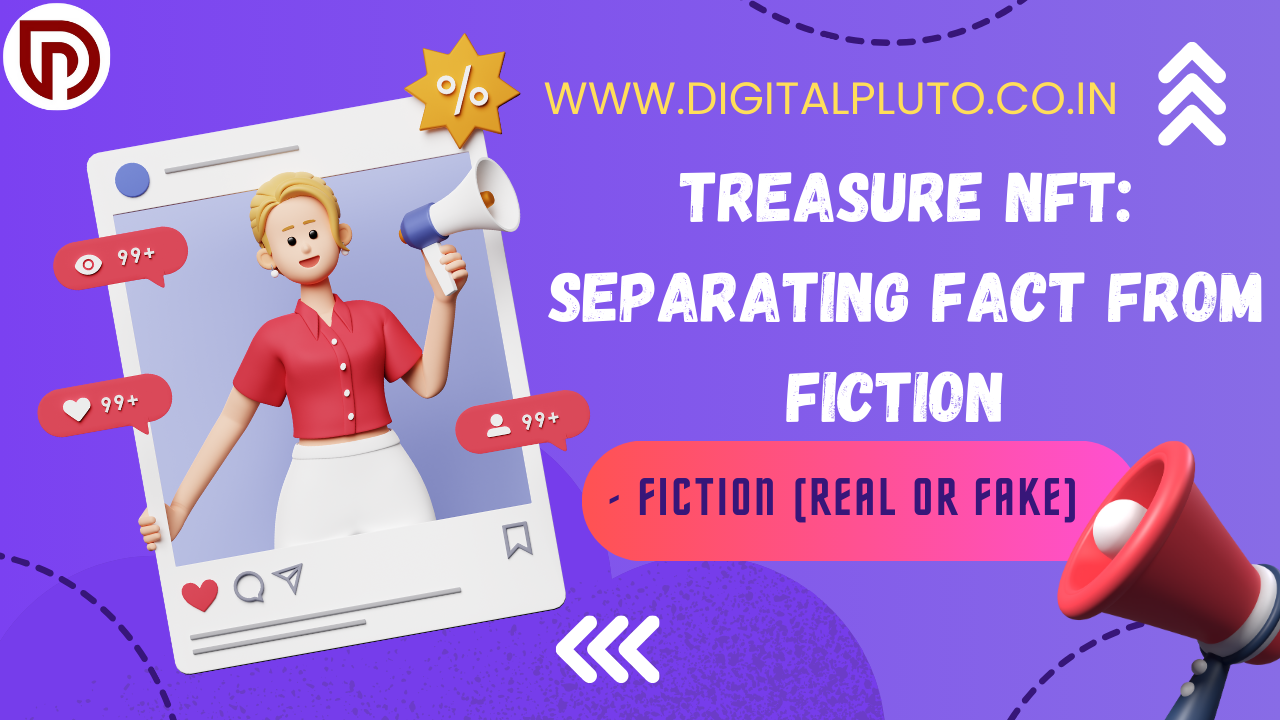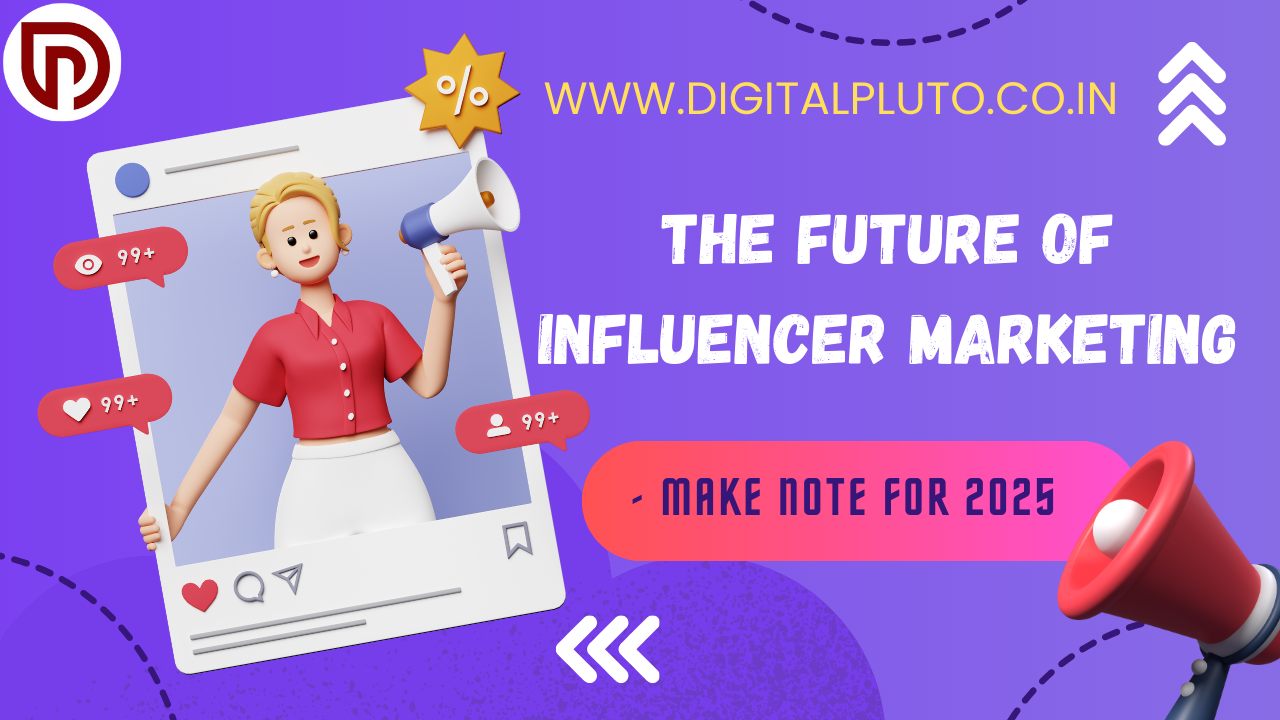
Mastering Metaverse Marketing: Strategies for Brands to Thrive in the Virtual Frontier

The emergence of Metaverse Marketing is at the vanguard of a seismic upheaval occurring in the digital realm. The idea of the metaverse, a shared, immersive virtual reality, has caught the interest of companies, consumers, and tech enthusiasts alike as technology continues to advance at an accelerated rate.
We will examine the metaverse marketing environment in this in-depth book, identify the most effective methods and techniques that companies can use to succeed in this uncharted territory, and delve into the potential and problems that lie ahead.
Understanding the Metaverse: A Primer

The metaverse is frequently defined as the seamless, networked digital ecosystem that results from the merging of virtual, augmented, and physical realities. After decades of exploration in science fiction, this idea is finally coming to pass as developments in immersive technology such as virtual reality (VR), augmented reality (AR), and others continue to push the envelope of what is conceivable.
The metaverse is a dynamic, constantly changing virtual environment where users can interact, create, and partake in a wide range of activities rather than a single, static platform. Its permanent, real-time aspect, in which space and time reflect the real world, is what defines it.
The Metaverse Landscape: Emerging Trends and Opportunities

A growing number of platforms and organizations are competing for a piece of the rapidly expanding metaverse industry. There is a competition among digital giants like Facebook (now Meta) and gaming giants like Fortnite and Roblox to define and control the metaverse.
The Rise of Immersive Experiences
The growing emphasis on immersive encounters is one of the metaverse’s major trends. In order to build virtual events and spaces that conflate the real and virtual worlds, brands are utilizing VR and AR technologies. Examples include Warner Bros.’s virtual recreation of the Washington Heights neighborhood to promote the film “In the Heights,” the Gucci Garden experience on the same platform, and Lil Nas X’s Roblox performance.
The Importance of User-Generated Content
The metaverse’s emphasis on user-generated content (UGC) is another important feature. The metaverse enables users to actively engage in the production and curation of their virtual environments, in contrast to traditional media, where material is largely produced and managed by brands. For companies, this move to user-generated content (UGC) offers both benefits and problems, as they must figure out how to effectively incorporate their marketing initiatives into the user-driven ecosystem.
The Rise of Digital Ownership and Collectors
The idea of digital ownership and collections, frequently in the form of non-fungible tokens (NFTs), has also emerged as a result of the metaverse. Companies are looking on ways to provide users with exclusive, limited-edition virtual goods and experiences that they can trade, own, and showcase in the metaverse. For example, users may buy and collect special digital items with the Gucci brand in Roblox’s Gucci Garden experience.
Metaverse Marketing Strategies: Embracing the Virtual Frontier

As the metaverse continues to evolve, brands must adapt their marketing strategies to thrive in this new digital landscape. Here are some key strategies to consider:
1. Immersive Brand Experiences
Developing immersive, interactive experiences that are consistent with a brand’s identity and values is one of the best ways for brands to communicate with their audience in the metaverse. This might include interactive exhibits, virtual events, or even whole virtual worlds that let customers interact meaningfully with the brand.
2. Leveraging User-Generated Content
As previously said, user-generated material is a major force behind the metaverse. Companies should take advantage of this trend by working with the metaverse community to enable users to produce and distribute brand-related content. This might entail collaborating with well-known creators, holding contests for content production, or even letting users create and market their own branded virtual goods.
3. Embracing Digital Ownership and Collectibles
Brands now have a rare chance to provide limited-edition virtual goods and experiences due to the growing popularity of digital ownership and collectibles. Brands may capitalize on the rising desire for digital collectibles and convey a sense of exclusivity and scarcity by utilizing NFTs and other blockchain-based technology.
4. Seamless Integration with Metaverse Platforms
Brands need to be aware of the distinct features and dynamics of each platform in order to be successful in the metaverse. This could entail working with platform developers, comprehending user preferences and behavior, and making sure that the brand’s marketing initiatives and presence are smoothly incorporated into the metaverse experience as a whole.
5. Emphasis on Storytelling and Engagement
Static ads and other conventional marketing strategies might not work as well in the metaverse. Brands should instead concentrate on creating emotionally compelling, narrative-driven experiences. Users may be able to engage and influence the experience through live-streamed events, virtual tours, or interactive storytelling.
Overcoming Metaverse Marketing Challenges
While the metaverse presents exciting opportunities for brands, it also comes with its fair share of challenges. Here are some of the key obstacles that brands must navigate:
1. Accessibility and Adoption
Not everyone has the required hardware or technological expertise to fully interact with the metaverse, which is still a very new and complicated idea. In order to accommodate a broad spectrum of technical skills and preferences, brands need to figure out how to make their metaverse experiences approachable and intuitive.
2. Data Privacy and Security
Because the metaverse is a virtual environment, there are serious privacy and security issues. To safeguard user data and avert possible breaches, brands need to make sure they are following the most recent data protection laws and putting strong security measures in place.
3. Brand Safety and Reputation Management
Because the metaverse is open and decentralized, brands have less control over the interactions and material that occur in their virtual environments. In order to prevent their presence and messaging from being linked to any potentially damaging or divisive information, brands need to be proactive in monitoring and maintaining their reputation.
4. Measurement and Analytics
Traditional measurements and analytics might not adequately reflect the subtleties of the virtual world, making it difficult to gauge the effectiveness and impact of metaverse marketing initiatives. It is imperative for brands to investigate novel approaches for monitoring and evaluating user engagement, conversion rates, and the overall efficacy of their metaverse tactics.
Embracing the Future: Preparing for the Metaverse Frontier
As the metaverse continues to evolve and gain traction, it’s clear that brands can no longer afford to ignore this emerging digital landscape. By embracing the unique opportunities and addressing the challenges, brands can position themselves for success in the virtual frontier.
To get started, brands should consider the following steps:
- Educate themselves and their teams on the metaverse, its key trends, and the implications for their industry.
- Experiment with small-scale metaverse initiatives to gain hands-on experience and test the waters.
- Collaborate with metaverse experts, platform developers, and influential creators to develop a comprehensive metaverse marketing strategy.
- Invest in the necessary technologies, infrastructure, and talent to support their metaverse initiatives.
- Continuously monitor and adapt their strategies as the metaverse landscape evolves.
By taking a proactive and innovative approach to metaverse marketing, brands can unlock new avenues for engagement, build stronger connections with their audience, and position themselves for success in the digital future.
Conclusion: Embracing the Metaverse Opportunity
Brands have a rare chance to rethink how they interact with their audience thanks to the metaverse, which is a revolutionary change in the digital landscape. Brands can produce unique, impactful experiences that connect with their target audience and promote long-term success by embracing the metaverse’s immersive, user-driven, and technologically sophisticated features.
It is critical for businesses to keep ahead of the curve, try out novel tactics, and be flexible as the metaverse develops further. By doing this, they may fully realize the metaverse’s promise and establish themselves as leaders in this fascinating new field.
Follow https://www.digitalpluto.co.in/ for more latest updates about digital marketing.





